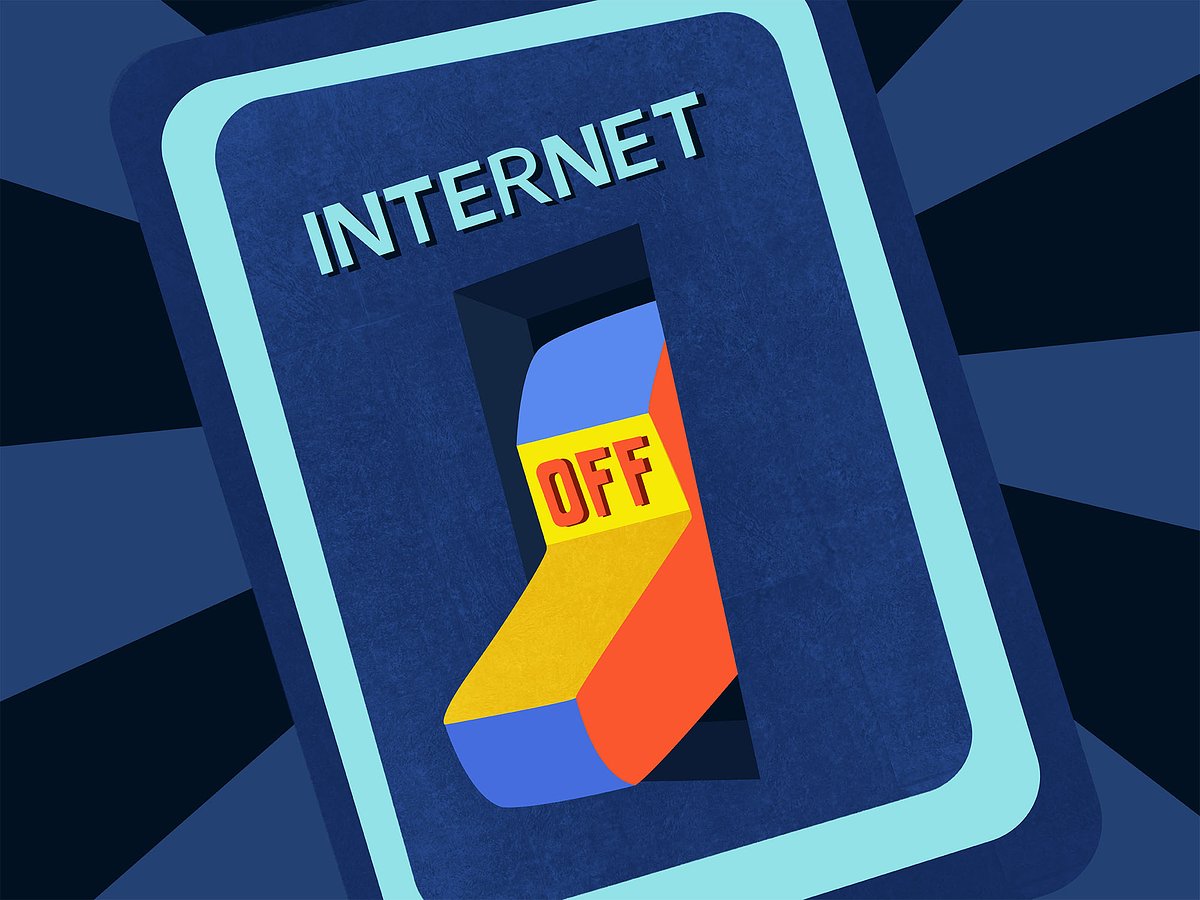By Felicia Anthonio, Coordinator of the African Freedom of Expression Exchange (AFEX)
In recent times, there has been an increase in the use of Internet shutdowns and excessive force by governments against protesters as a control measure of demonstrations across the African continent. The use of these repressive measures often result in the violation of fundamental rights of citizens such as freedom of expression, access to information, assembly and right to life.
Over the past one month, the governments of Sudan and Zimbabwe have failed to safeguard the fundamental rights of citizens with their respective responses to a series of protests in the two countries. There have been massive protests in Sudan and Zimbabwe over severe economic hardships. Governments in both countries have done little to attend to the demands of the citizenry, but rather responded with a heavy hand that has resulted in loss of lives.
The resort to repressive measures including Internet shutdowns, arrest and detention of opposition figures or activists and use of lethal force against protesters have led to deterioration in the already unenviable human rights situations of the two countries.
Security agents in Sudan in response to massive protests which broke out in various cities in the country in December 2018 fired live bullets and tear gas at protesters resulting in the killing of about 20 persons with several people injured. Several opposition figures have also been arbitrarily arrested for allegedly fuelling the protests. Aside these violations, the Al-Bashir led government ordered key telecom service providers in the country (MTN Sudan, Zain Sudan and Sudatel) to shut down access to social media platforms such as Twitter, Facebook, WhatsApp and Instagram on mobile networks to counter the anti-government protests.
Similarly, in January 2019, the government of Zimbabwe deployed lethal force and Internet blackout to control protests in Harare and other cities over hikes in fuel prices. The government cracked down on protesters with brutal force from security agents and an order for complete Internet shutdown in the country with about seven million of the country’s Internet population (2017 statistics) being digitally cut off from the rest of the world. Police brutalities against protesters resulted in the killing of about five persons. There have also been reported cases of other violations including arbitrary arrests, detention and physical assault of activists.
The repressive measures adopted by the two countries have proven futile as the protests continue to gather momentum despite these repressive measures being introduced.
The situation in the two countries reflect a general pattern in Africa where the Internet is shut down and/or security forces launch fatal attacks on demonstrators, particularly anti-government protesters, with impunity. The governments of Togo, Cameroon, Chad, Ethiopia and the Democratic Republic of Congo shut down the Internet amidst deadly crackdowns on anti-government protesters in 2017. Click here to read AFEX’s Annual Report on the State of Internet Freedom in Africa for more information about countries that have experienced Internet shutdowns and violations in 2017.
Incidentally, the right to freedom of expression is enshrined in the constitutions of Sudan and Zimbabwe. Both of them are also signatories to regional and international frameworks such as the African Charter on Human and People’s Rights (ACHPR), the Universal Declaration on Human Rights (UDHR) and the International Covenant on Civic and Political Rights (ICCPR).
African Governments have a duty to ensure the fundamental rights of their citizenry are upheld at all times. It is, therefore, worrying if governments who themselves are supposed to safeguard the enjoyment of such freedoms, become the major violators of the rights of citizens.
African leaders should therefore adopt a more humane, rights-respecting approach to controlling public protests in line with their commitments under their countries’ constitutions and the many protocols and charters relating to freedom of expression and assembly that they have signed.




